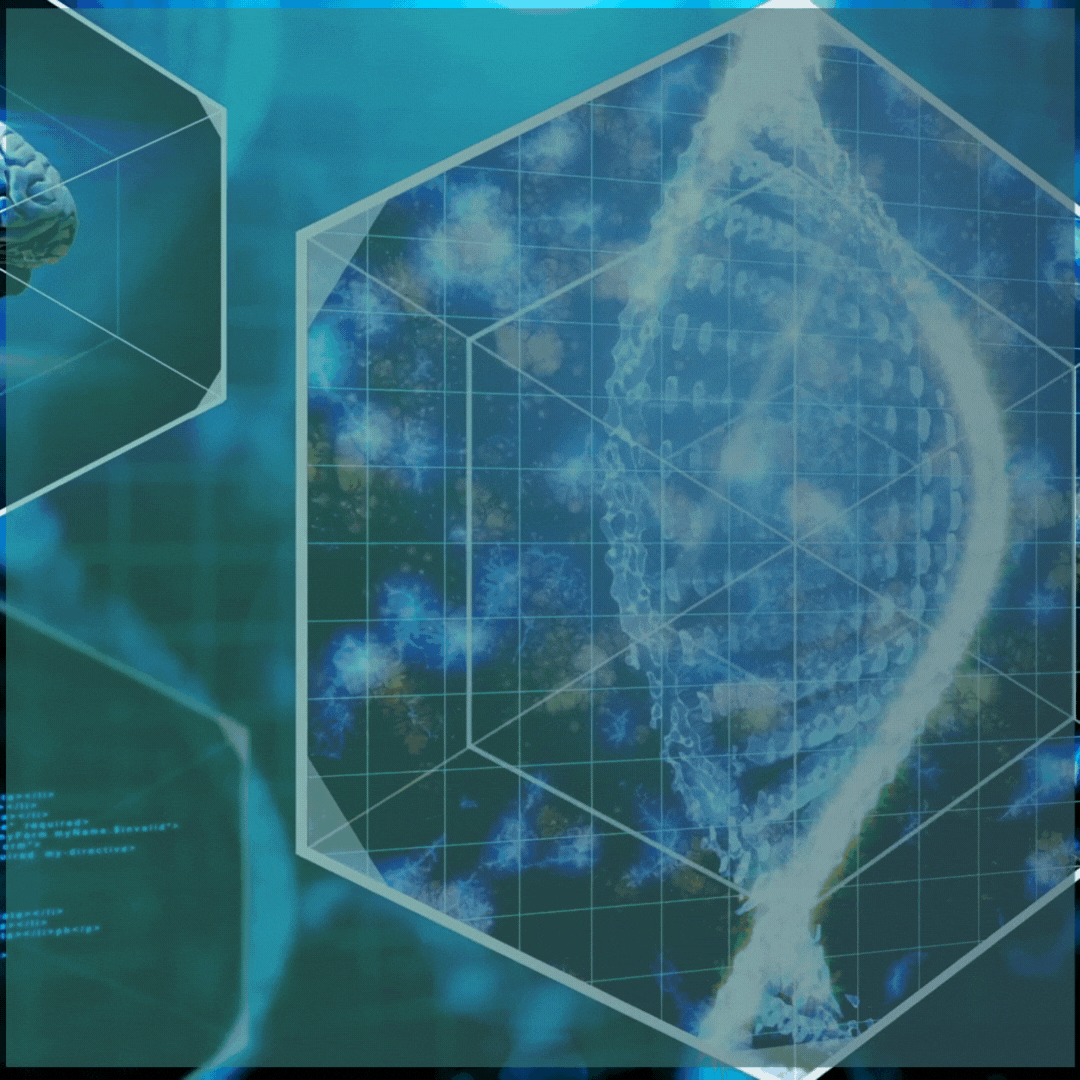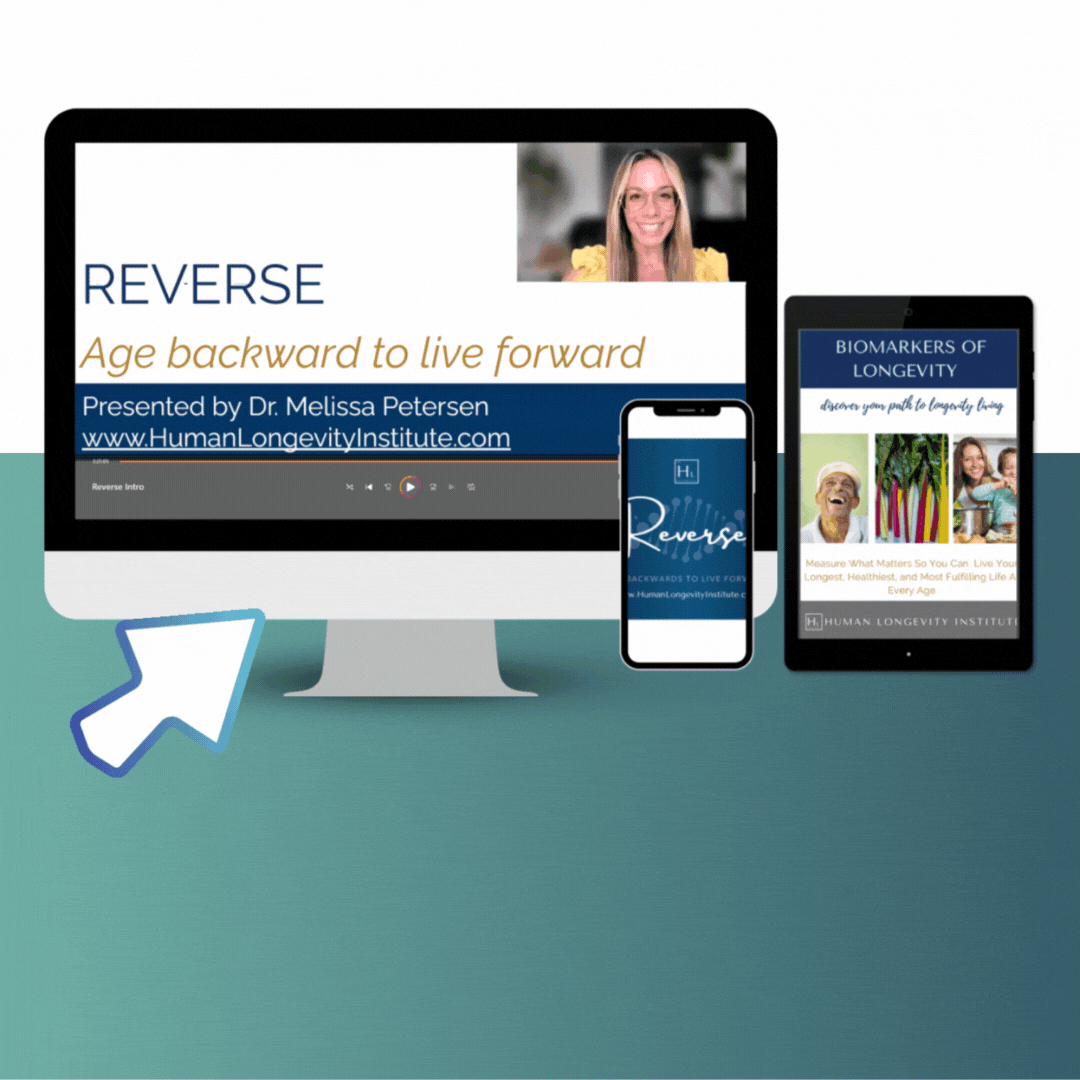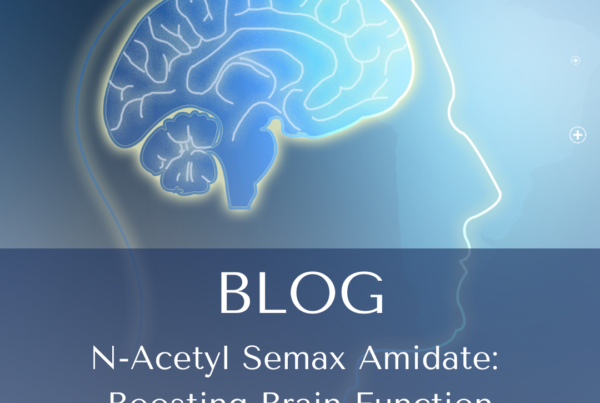Understanding BPC-157: Debunking Misconceptions and Exploring Its Potentials
Introduction
Welcome to a special edition of the Human Longevity Podcast, where we dive deep into the misconceptions and scientific truths about peptides, particularly BPC-157. Hosted by Dr. Melissa Petersen and joined by Dr. Stephanie Rimka and industry expert Dr. Kent Holtorf, this episode tackles the misleading statements made by Andrew Huberman regarding BPC-157 and its implications in cancer.
What Are Peptides?
Peptides are naturally occurring biological molecules made from amino acids, the building blocks of proteins. These molecules act like specific keys that fit into cellular locks, initiating various supportive functions in the body such as healing, repair, and regeneration. They are integral to processes ranging from sexual health to cognitive function and even longevity.
The Misunderstood BPC-157
Body Protection Compound 157 (BPC-157) is a peptide consisting of a specific sequence of amino acids extracted from human gastric juice. It has been extensively studied for its regenerative properties, particularly in healing injuries and ulcers in the gastrointestinal tract. Contrary to certain claims, BPC-157 is a safe and effective healing agent, known colloquially as the “Wolverine drug” for its potent regenerative abilities.
Scientific Insights from Dr. Kent Holtorf
Dr. Holtorf, an expert in peptide therapy, emphasized the selective action of BPC-157 in his discussion. He pointed out the flawed analogy made by Huberman, who compared the peptide’s function to indiscriminate vascular growth in tumors. Dr. Holtorf explained that BPC-157 only initiates angiogenesis in response to specific signals from injured tissues, thereby making it an unlikely candidate to promote cancer.
Addressing the Misinformation
While a detailed review of Dr. Huberman’s assertions in this podcast extends beyond the scope of this platform, it’s worth noting that the majority of his insights are based on solid reasoning and are commendable. However, a few of his statements might be perceived as naïve or overly simplistic and do not align with established medical literature.
For instance, Dr. Huberman suggests that substances increasing angiogenesis could logically enhance the risk of cancer. This claim overlooks significant evidence to the contrary, particularly concerning BPC-157. Contrary to Dr. Huberman’s assertions, research indicates that BPC-157 has a significant inhibitory effect on cancer cells (melanoma cells in the study cited below) and angiogenesis by blocking VEGF.1
Additionally, studies show that BPC-157 also counters the increase in inflammatory cytokines such as tumor necrosis factor-alpha and interleukin-6, which are crucial for tumor growth, thereby impeding pathways that lead to cancer progression.2
Moreover, if we follow Dr. Huberman’s logic that angiogenesis promoters should be avoided due to their potential cancer risks, it would imply that antioxidants like vitamins C, E, NAC, and B12 pose “serious dangers” due to their potent angiogenic effects.3,4 However, numerous studies contradict this by demonstrating their ability to both prevent and inhibit cancer growth], highlighting significant issues with some of Dr. Huberman’s conclusions.
Despite these points, it is evident that Dr. Huberman possesses a profound understanding of physiology and the effects of peptides. His ability to distill complex medical literature and engage with controversial topics is highly impressive.
Dr. Huberman’s general insights are accurate and offer valuable advice. However, within his extensive and commendable efforts to provide in-depth, evidence-based information across a broad range of topics, there are occasional discrepancies with the medical literature. This is not a criticism but rather an inevitable aspect of addressing such complex subjects.
Empowering Health Sovereignty
The overarching message of our podcast is the empowerment of individuals through knowledge. By understanding the exact roles and mechanisms of peptides like BPC-157, individuals can make informed decisions about their health interventions.
Further Learning
For those interested in diving deeper into the science of peptides and their therapeutic potentials, visit the Human Longevity Institute’s Foundation of Peptide Therapy course or visit our shop to source quality peptides and resources designed to educate and empower both consumers and healthcare professionals.
Thank you for joining us on this enlightening journey into the world of peptides. For more information and to engage further with these topics, check out the links provided below and continue your education on these powerful therapeutic tools.
Stay informed, stay empowered, and here’s to your longevity!
#HealthSovereignty #PeptideTherapy #BPC157 #LongevityScience #RegenerativeMedicine #FactCheck #HubermanLabReview #HealingPeptides #WolverineDrug #Angiogenesis #DrKentHoltorf #IntegrativePeptides #PeptideEducation #HubermanLabPodcast #Hubermanlabpeptidepodcast
- BPC 157 inhibits cell growth and VEGF signaling via the MAPK kinase pathway in the human melanoma cell line. Radeljak, S.; Seiwerth, S.; Sikiric, P.. Melanoma Research 2004;14(4):A14-15.
-
Sikiric P, et al., “Stable Gastric Pentadecapeptide BPC 157, Robert’s Stomach Cytoprotection/Adaptive Cytoprotection/
Organoprotection, and Selye’s Stress Coping Response: Progress, Achievements, and the Future,” Gut Liver, vol. 14, no. 2, pp. 153–167, Mar. 2020, doi: 10.5009/gnl18490. - Wang T, Treuter E, O. Bergo M. Antioxidants stimulate BACH1-dependent tumor angiogenesis. J Clin Invest. 2023;133(20):e16967.
- Saghiri M, Asatourian A, Ershadifar S, et al. Vitamins and regulation of angiogenesis: [A, B1, B2, B3, B6, B9, B12, C, D, E, K]. Journal of Functional Foods 2017;38A:180-96.







